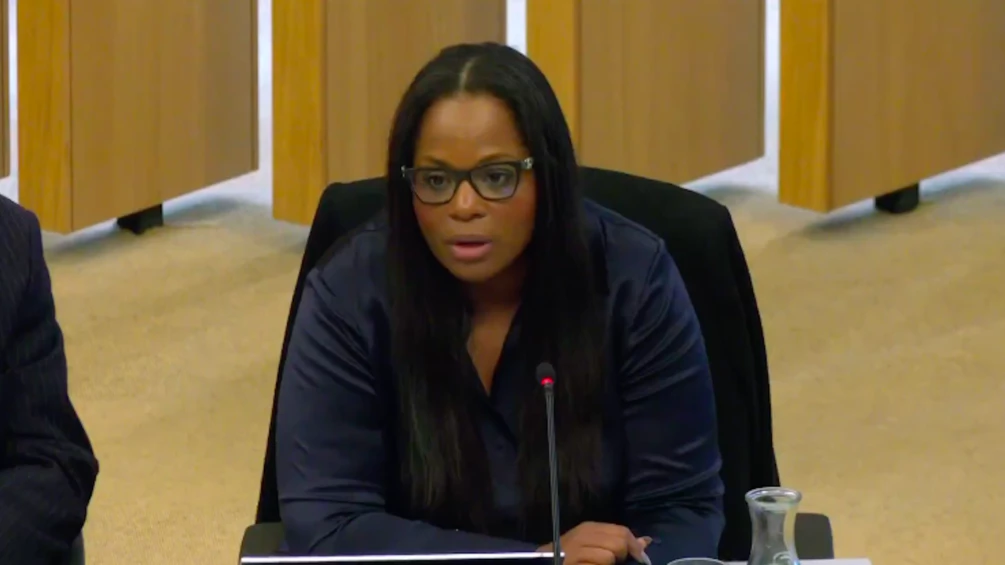
London's night-time economy is discriminating against Black and Brown artists and promoters in its event licensing, Black Lives in Music told a London Assembly committee.
In a London Assembly’s Economy, Culture and Skills Committee hearing on 4th September, Black Lives in Music (BLiM) CEO Dr. Charisse Beaumont presented evidence of the "racist narrative" councils and police present towards events with Black and Brown artists and showcasing Black- and Brown-led music genres.
"A lot of cancellation of events happen under four [licensing] objectives", Dr. Beaumont told the committee, via the Evening Standard. "Whether it’s ‘preventing crime and disorder’, ‘promoting public safety’, ‘preventing public nuisance’, or ‘protection of children from harm’... The word ‘safety’ always comes into effect... But safety, I would argue — and everyone will argue — is a racist narrative."
She continued: "Our events get cancelled just because they’re a Bollywood event, or it could be jazz, or it could be drum and bass, it could be any genre that attracts a Black and Brown audience... Sometimes the event might be a jazz ensemble, playing at a cultural hub and they would get rejected [by the local council]. But when you leave that cultural hub and walk down the road, the pub’s still open, playing the same music that they wouldn’t be allowed to play.
Dr. Beaumont spoke of a "culture of silence" where artists and promoters avoid speaking up about the discrimination in the face of police and bureaucratic discrimination. "There is fear of promoters losing their licence or not being able to put on an event again", she said. "[We have heard of] large venues receiving that call from the police, saying, 'Please, we think you shouldn't put on this event — we encourage you not to do so'... So imagine if you're a smaller promoter, and you're getting that call from the police, saying 'We don't think your event should go ahead, and if it does, we may shut you down'. This is what Black and Brown entrepreneurs, promoters [and] artists face every single day."
The Metropolitan Police’s chief licensing officer Ian Graham responded: "We want all Londoners to safely enjoy the wide range of night-time attractions the capital has to offer. That means we continue to target hotspot locations where violence takes place, using innovative tactics and high visibility patrols, as well as working closely with community groups... In circumstances where there has been an incident previously, we may consider a review of the premises’ licence. However, unless there are exceptional circumstances, we will always work with a venue first to discuss safety concerns and find solutions. This approach applies to all venues, styles and genres of music.”
The hearing is a result of a letter BLiM and the Musicians’ Union wrote to the London mayor's office in 2023 about discrimination in night-life industries, leading to the The Race Equality in Music Event Licensing (REMEL) project by the London mayor, Night Czar Amy Lamé, Black Lives In Music, the Musicians’ Union and LIVE.
A 2021 study by BLiM found that a majority of Black artists, performers and professionals experienced racism and discrimination in their music careers. BLiM is also behind the music industry anti-racism code of conduct, in the works since 2022.
Watch a video of Dr. Beaumont giving evidence to the London Assembly’s Economy, Culture and Skills Committee.
